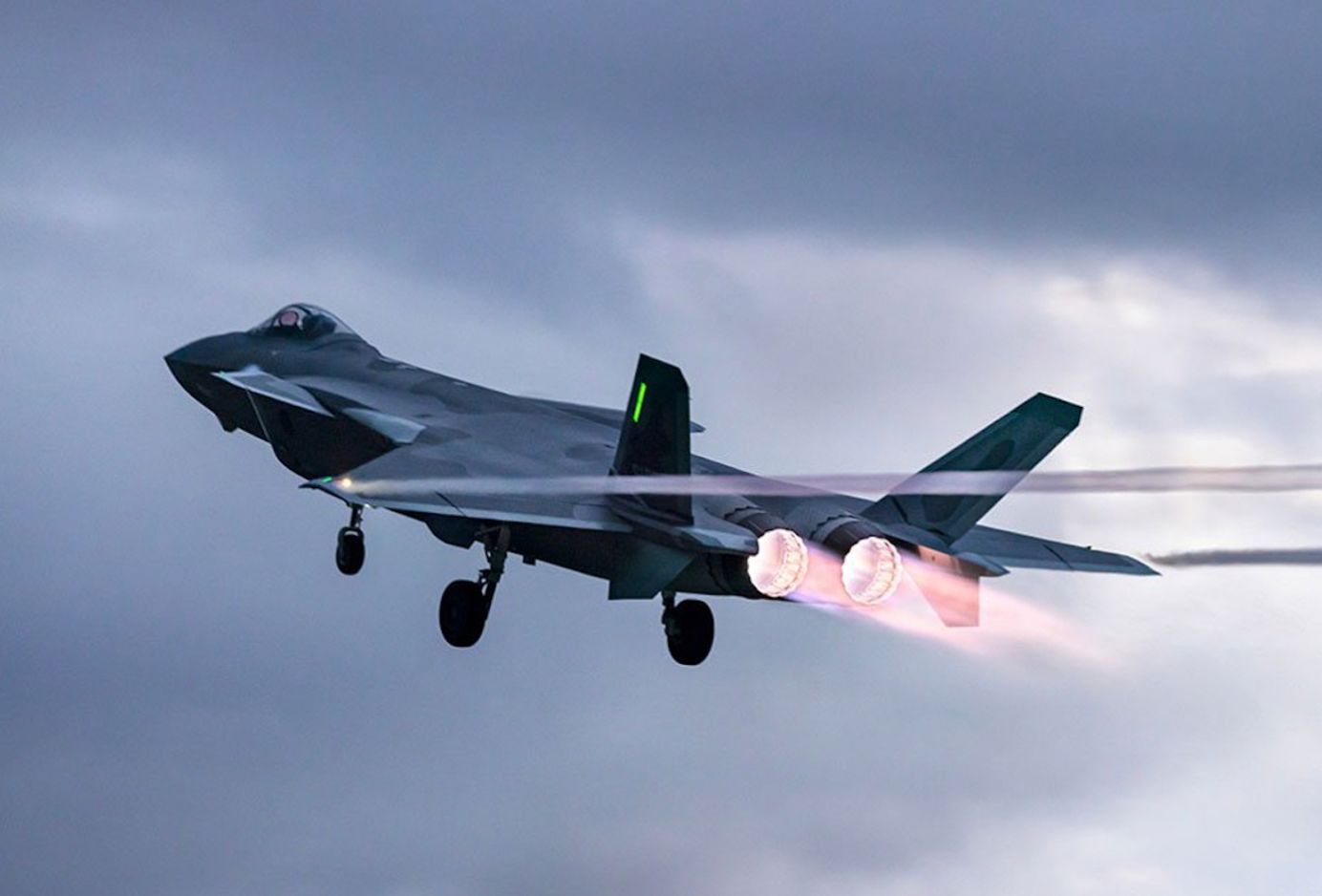Japan’s dwindling birthrate has now become a security threat as the Self Defense Forces (SDF) face challenges to recruit personnel for the air, maritime, and land forces.
UAE Visa Ban Starts To Pinch Pakistan; 3000 Jobs Lost In First Week As Indian Workers Rejoice
The official cadets that are mostly high school students serve fixed years ranging from two to three that make up the largest group of recruits in the forces. With fewer students admitting to school every year, it has become challenging to reach target recruitment.
The three SDF branches are struggling to reach the cadet recruitment targets for the last six years, reported Nikkei Asia. It added that in 2019 the Maritime SDF and Air SDF were about 10% short of their targets and in the fiscal year 2018, the SDF as a whole achieved only 70% of its recruitment target.
“It is important to secure the [targeted] number of recruits,” a Defense Ministry recruitment official told Nikkei Asia, “but we cannot substantially lower the criteria for admission. It is difficult to secure both quality and quantity.” The officer added that the number of applicants remains higher, but all of them do not have the requisite aptitude.

Japan’s active military strength currently stands at around 2,47,000 compared to China’s 21,83,000 and North Korea’s 12,80,000 — far lower than its adversaries, according to Global Firepower. However, it has well allied with the US that has the largest number of active military troops in the world.
Earlier, Japan’s Ministry of Defense issued a request for a record-breaking $55-billion military budget for the fiscal year 2021. It is eight percent higher than the previous year’s budget marking an eighth consecutive year for an increase in the defense spending for the country.
While Japan plans to acquire more sophisticated military equipment like Lockheed Martin’s F-35 Joint Strike Fighters and counter-drone capabilities, its personnel requirement isn’t being met.
Japan’s total population shrank by a record 500,000 compared to the previous year, according to an Internal Affairs Ministry survey. It is the biggest drop since 1968 and is only expected to get worse in the coming years.




